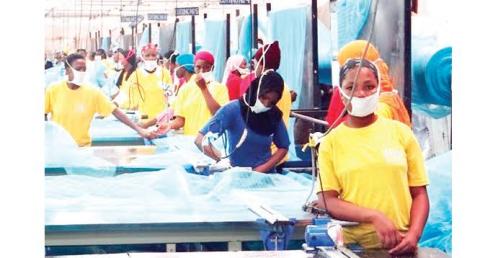
The group also condemned the delay in the payment of March salaries by private organisations in the country.
Campaign for Democratic and Workers’ Rights has condemned the reduction in the salaries of workers and ongoing mass retrenchment result of the COVID-19 lockdown.
The group also condemned the delay in the payment of March salaries by private organisations in the country.
The CDWR in a statement jointly signed by its National Chairperson, Rufus Olusesan, and Publicity Secretary, Chinedu Bosah, demanded the immediate payment of salaries and pension arrears by some state governments, noting that some state governments were using the outbreak of Coronavirus as an excuse not to pay workers.

CDWR said, “It has got to our notice that many workers have been informed by their employers that they will not be paid for the period of the COVID-19 lockdown.
“A case in point is Kaduna State where the governor has cut workers’ salaries by 25%. Also, Arik Air has cut pay by 80% while asking 90% of staff to go on compulsory leave without pay.
“While other airlines are set to follow the same direction, job losses, pay cuts, involuntary and unpaid furloughs and non-payment of wages have been reported in the hotel and tourism sector.
“Casual workers who are paid daily or hourly with insecure work contract are the most affected and this set of workers constitute the vast majority of private-sector employees.”
CDWR urged labour union leaders to lead a struggle to protect jobs and salaries of private and public sector workers.
The statement partly reads, “The N30, 000 national minimum wage must be enforced so that the government does not use the excuse of COVID-19 to undermine the payment.
“The trade union leaders also have to put pressure on the Nigerian Government to implement a viable, sustainable and adequate palliative for the masses.
“The trade union leaders will have to lead a struggle against private companies that perpetuate anti-labour practices, including casualization, contract staffing, fractional salaries, and job losses during the period of lockdown and after.”